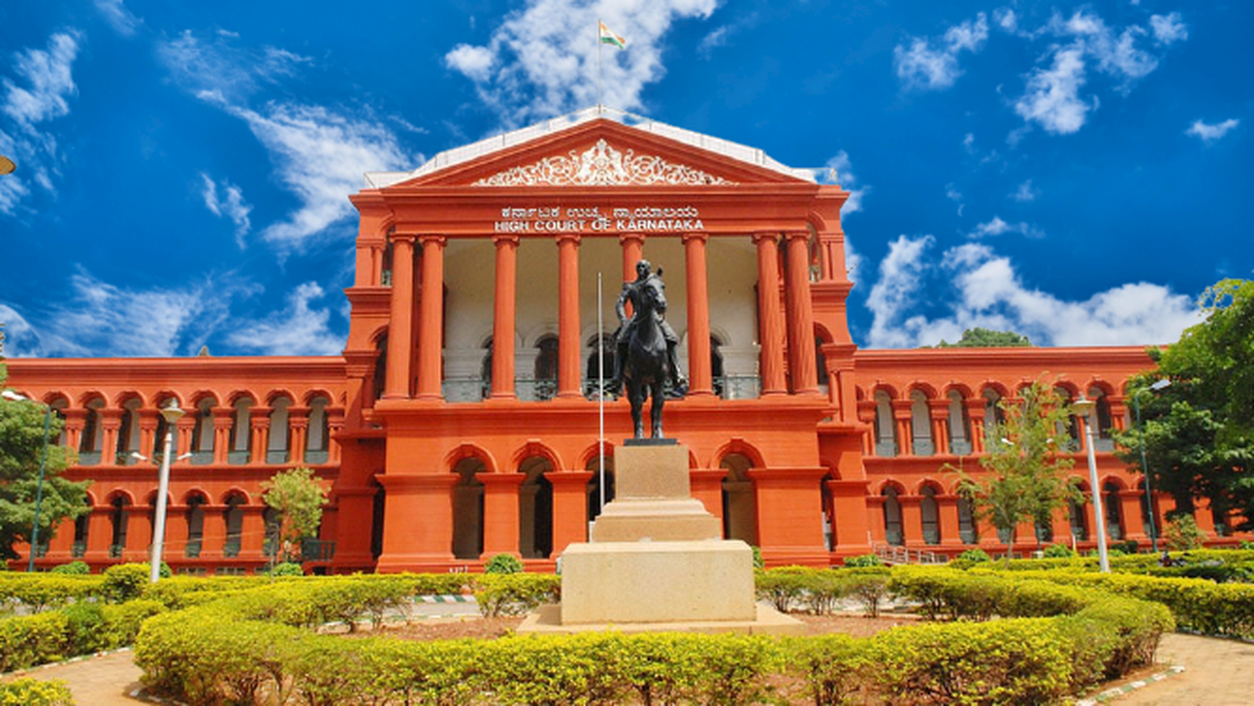In Writ Petition No. 13185 of 2020- KAR HC - Karnataka High Court strikes down Rule 89(4)(C) of Central Goods and Services Tax Rules as Ultra Vires and violative of Articles 14 and 19 of the Constitution
Justice S.R. Krishna Kumar [16-02-2023]

Read Order: M/s Tonbo Imaging India Pvt Ltd V. Union of India
Chahat Varma
New Delhi, May 30, 2023: The Karnataka High Court has quashed Rule 89(4)(C) of the Central Goods and Services Tax Rules, 2017 (CGST Rules) as amended vide Para 8 of the Notification No.16/2020-Central Tax dated 23.03.2020, holding it to be ultra vires the provisions of the Central Goods and Services Tax Act, 2017 (CGST Act) and the Integrated Goods and Services Tax Act, 2017 (IGST Act), as well as violative of Articles 14 and 19 of the Constitution of India.
Factual matrix of the case was that M/s Tonbo Imaging India Pvt Ltd. (petitioner), a company engaged in advanced imaging and sensor systems, exported various customized products between May 2018 and March 2019. As these exports were 'zero rated,' the company sought a refund of unutilized input tax credit under Section 54(3)(i) of the CGST Act read with Rule 89 of the CGST Rules. However, the tax authorities issued show cause notices stating that the petitioner failed to provide the required proof as per the amended Rule 89(4)(C) of the CGST Rules, leading to a rejection of the refund claims.
The single bench of Justice S.R. Krishna Kumar held that Rule 89(4)(C) of the CGST Rules was ultra vires Section 54 of the CGST Act read with Section 16 of the IGST Act. The court noted that the purpose of zero-rating exports was to make the entire supply chain tax-free, exempting them from both input and output tax. Section 16(3) of the IGST Act allowed for a refund of input taxes paid for zero-rated supplies, including exports and supplies to Special Economic Zones (SEZs). The court found that Rule 89(4)(C) in whittling down such refund was ultra vires, in view of the well settled principle of law that Rules cannot override the parent legislation.
The court further held that Rule 89(4)(C) was in violation of Article 14 and 19(1)(g) of the Constitution of India. The court noted that the rule imposes a restriction on the quantum of refund of unutilized input tax credit only for cases where exports are made without payment of duty under a Bond/Letter of Undertaking (LUT) as per Section 16(3)(a) of the IGST Act. However, no such restriction was imposed on cases where exports are made after payment of duty under Section 16(3)(b) of the IGST Act. This distinction created a hostile discrimination between two classes of persons.
The court also observed that Rule 89(4)(C) suffered from the vice of vagueness for the reason that the words ‘like goods’ and ‘similarly placed supplier’ in the impugned Rule 89(4)(C) were completely open-ended and were not defined anywhere in the CGST Act/Rules or the IGST Act/Rules.
“The entire concept of refund of unutilized input tax credit relating to zero-rated supply would be obliterated in case the respondents are permitted to put any limitation and condition that takes away petitioner’s right to claim refund of all the taxes paid on the domestic purchases used for the purpose of zero-rated supplies. The incentive given to the exporters would lose its meaning and this would cause grave hardship to the exporters, who are earning valuable foreign exchange for the country,” remarked the court.
In light of the above observations, the court directed the revenue authorities to accept the refund claims of the petitioner and instructed them to grant the refund along with applicable interest in favor of the petitioner.
Sign up for our weekly newsletter to stay up to date on our product, events featured blog, special offer and all of the exciting things that take place here at Legitquest.




Add a Comment